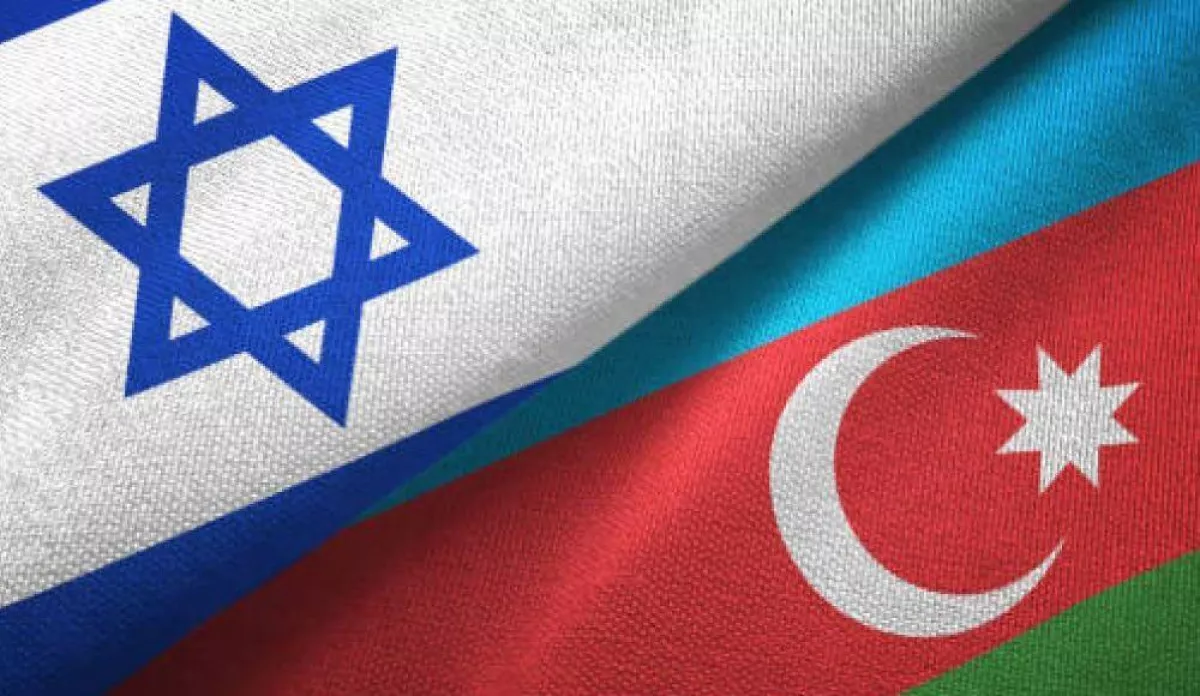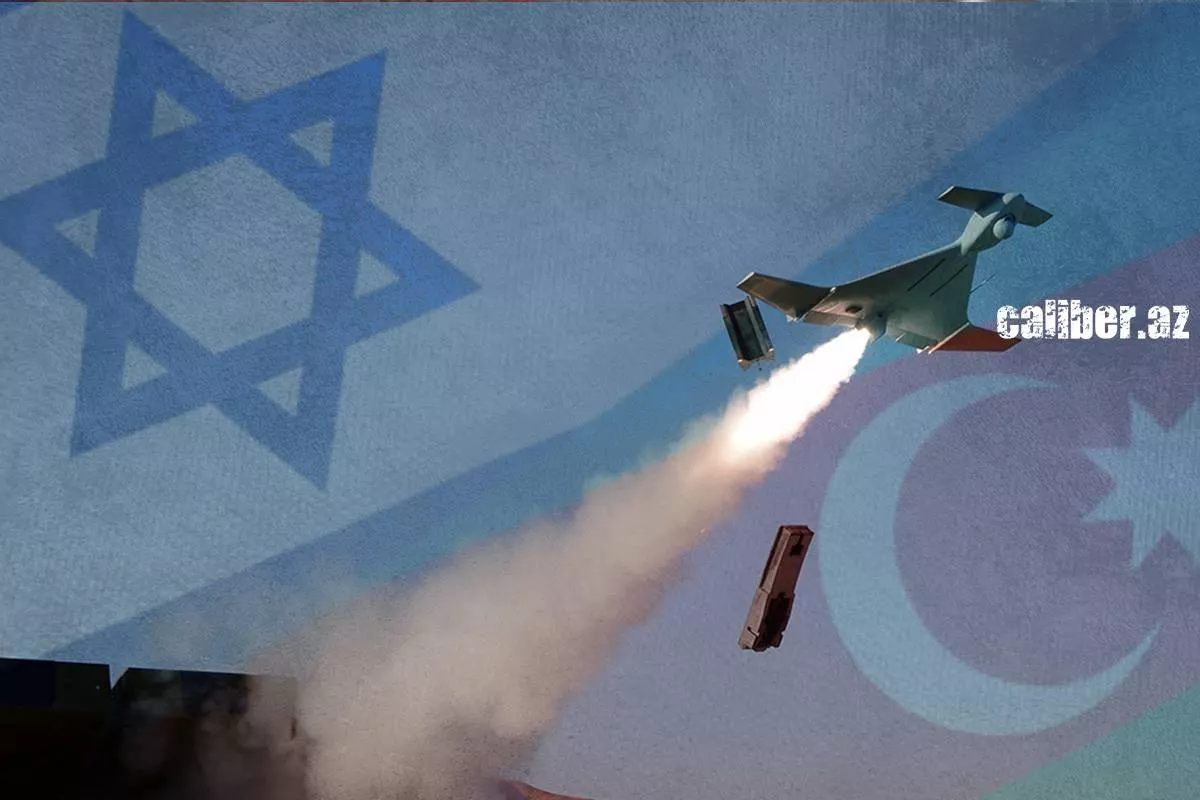Chronicle of persistent tension, unresolved conflicts between Armenia, Israel A political analysis
Medieval Jewish chronicles referred to Armenians living in the Middle East as Amalekites. The original Amalek was the leader of a tribe that attacked the Israelites during their journey through the desert after their exodus from Egypt. In Talmudic tradition, Amalek was defined as the most malevolent enemy of the Jewish people, and the tradition prescribed swift punishment for his followers. The use of such a term for Armenians reflects the intense competition between Jewish and Armenian merchants along the trade routes of the medieval East.
However, even today, relations between the two countries are going through difficult times. Formal diplomatic relations between Israel and Armenia were established in 1992, but for a long time, the countries did not open embassies in each other's capitals. The talks were conducted through an Israeli non-resident ambassador based in Jerusalem. During the first ten years of Armenia's independent statehood, the push for closer ties came exclusively from the Armenian leadership. At that time, Yerevan's propaganda portrayed Armenia as Israel of the Caucasus, a small, victorious country surrounded by enemies.
As a result, the leaders of Armenia during that period sought to establish friendly relations with Israel. In 1995, Armenian President Levon Ter-Petrosyan attended the funeral of Israeli Prime Minister Yitzhak Rabin, who had been assassinated by a terrorist. In January 2000, Armenian President Robert Kocharian visited Jerusalem, followed by a visit from President Serzh Sargsyan in 2005. Four years later, Armenia’s Minister of Agriculture and Deputy Foreign Minister also visited Israel.
Israel made an effort to downplay these visits and avoid excessive rapprochement with Yerevan. There were both geopolitical and ideological reasons for this. Firstly, for a long time, Israel maintained strong military and economic ties with Türkiye, and by the 2020s, it began to strengthen military cooperation with Azerbaijan.

Secondly, Armenia is a strategic partner of Iran, which Israel considers its main geopolitical adversary.
Thirdly, for Yerevan, a fundamental ideological issue is equating the events of 1915 with the Holocaust, a comparison that Israel, which emphasises the uniqueness of the tragedy of Eastern European Jewry, has always found unacceptable. The situation is further complicated by the presence of a tens of thousands-strong ethnic Armenian community in Israel. Some of them have lived in the Holy Land since the 4th century, while others settled in Palestine during the Ottoman Empire period. The biggest Armenian community resides in Jerusalem, where the Armenian Quarter and the residence of the Armenian Christian Patriarch are located. Conflicts frequently arise between this group and Israel, particularly regarding the status of the Armenian diaspora and its property.
In 2021, Armenian Patriarch Nurhan Manukyan leased a plot of land known as the "Cow Garden" to Israeli businessman Danny Rothman from Xana Capital Group for 98 years to build a luxury hotel. However, the Armenian community did not approve this deal, and the Armenian Patriarchate of Jerusalem announced its termination. This unilateral move sparked discontent among representatives of Xana Capital, who arrived at the "Cow Garden" accompanied by armed individuals and dogs to assert their claim over the leased land.
The Armenian Patriarchate described the actions of the Israeli company as provocations, aggression, and other offensive and inciting behaviors, including property damage. The Armenians of Jerusalem organized an around-the-clock sit-in protest on the disputed land, and news of the rally reached Yerevan, where it sparked a wave of anti-Israeli sentiment. The situation worsened after Azerbaijan's victory over Armenia in the second Karabakh war in 2020.
During the conflict, Azerbaijan actively used advanced weaponry purchased from Israel. Unsurprisingly, as a result, Israel began to be perceived as an adversarial nation by many residents of Armenia.

On October 3, 2023, the Mordechai Navi Synagogue in Yerevan was attacked. Fortunately, the damage from the attack was minimal, as the Molotov cocktail thrown at the building did not ignite. A month later, on November 15, 2023, there was a second attempted arson of the building. The Armenian Secret Army for the Liberation of Armenia (ASALA) claimed responsibility for the attack, announcing it on the Telegram channel.
Following this, Rabbi Zamir Isaev, head of the Jewish School in Baku, declared Armenia an unsafe country for Jews and posted on social media: "I repeat my call to Jews in Armenia: leave, and if you need assistance, I will take care of it. Leave before it’s too late..." "Sometimes I speak with the youth here, and they get the impression that Jews are always against Armenians," Armenian entrepreneur Ilya Dorfman said. The Jewish community in Yerevan did not support this call, although it should be noted that today, it is primarily composed not of native Armenian Jews but of relocants who arrived from Russia after 2022. Rabbi Gershon Brunstein said that there are no more than 100–200 Jews of 2.9 million residents of Armenia; almost all of them live in Yerevan, with only a few residing in Vanadzor, the third-largest city in Armenia.
There has been no easing of bilateral relations recently. In summer 2024, Armenia recognized the State of Palestine, which provoked an angry reaction from Israel. The Armenian ambassador was summoned to the Israeli Foreign Ministry, which condemned the move as encouraging the terrorist group Hamas for the atrocities committed on October 7, when thousands of terrorists killed around 1,200 people and took 251 hostages, initiating the ongoing war in the Gaza Strip. Dmitry Hendelman, an advisor to the Israeli Prime Minister's Office, stated that Armenia's recognition of the State of Palestine is a reward for the terrorists and murderers of Hamas and other Palestinian groups. This move will have serious long-term consequences for the relations between Israel and Armenia.
On social media, residents of Armenia are also expressing support for Palestine and making sharp critical statements regarding the State of Israel and its policy. As a result, even Baruch Ben Neria, the former Israeli ambassador to Georgia and Armenia and a member of the pro-Armenian lobby, was forced to acknowledge that to sum up, it should be noted that relations between Armenia and Israel over the past 25 years have not reached the desired level.








